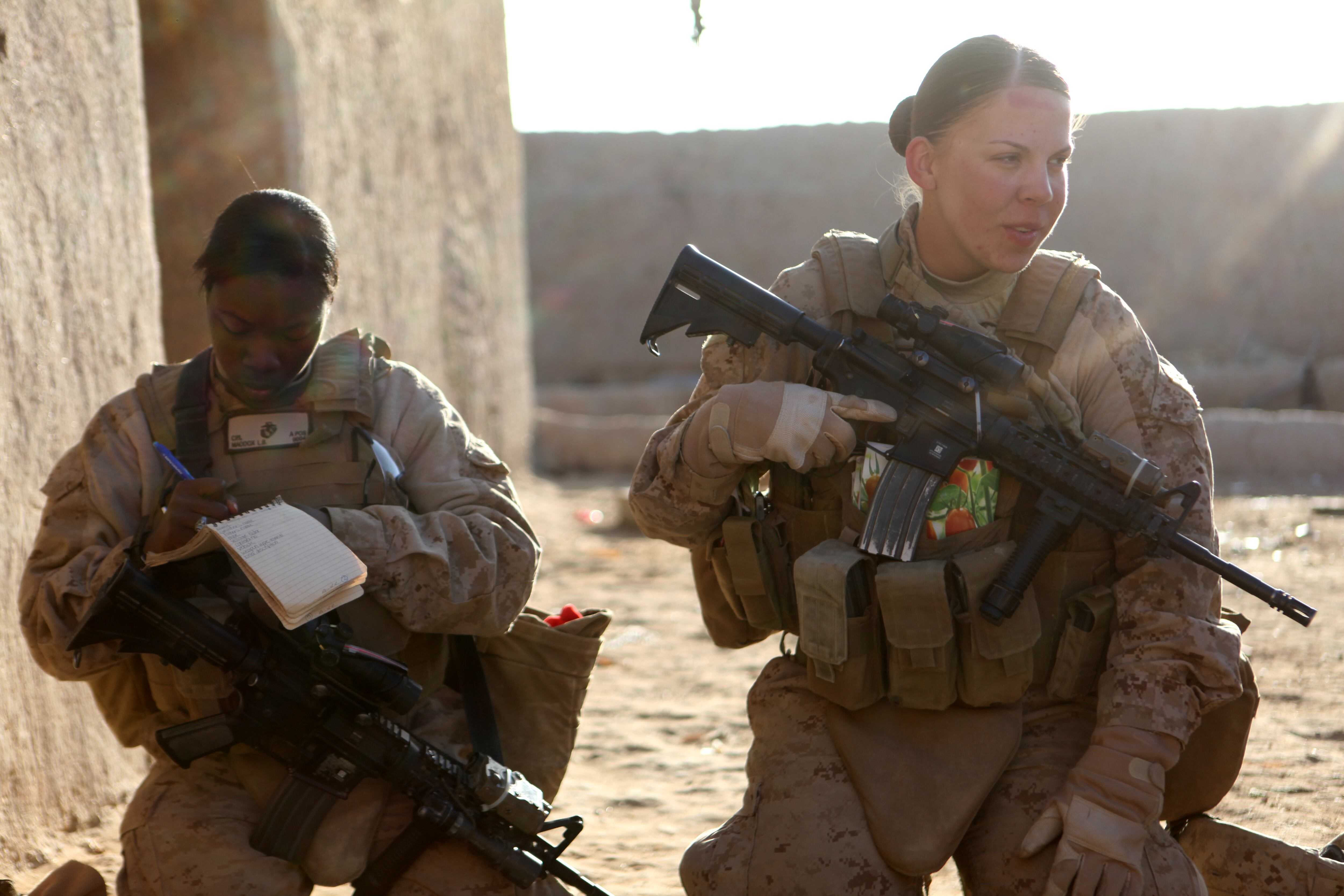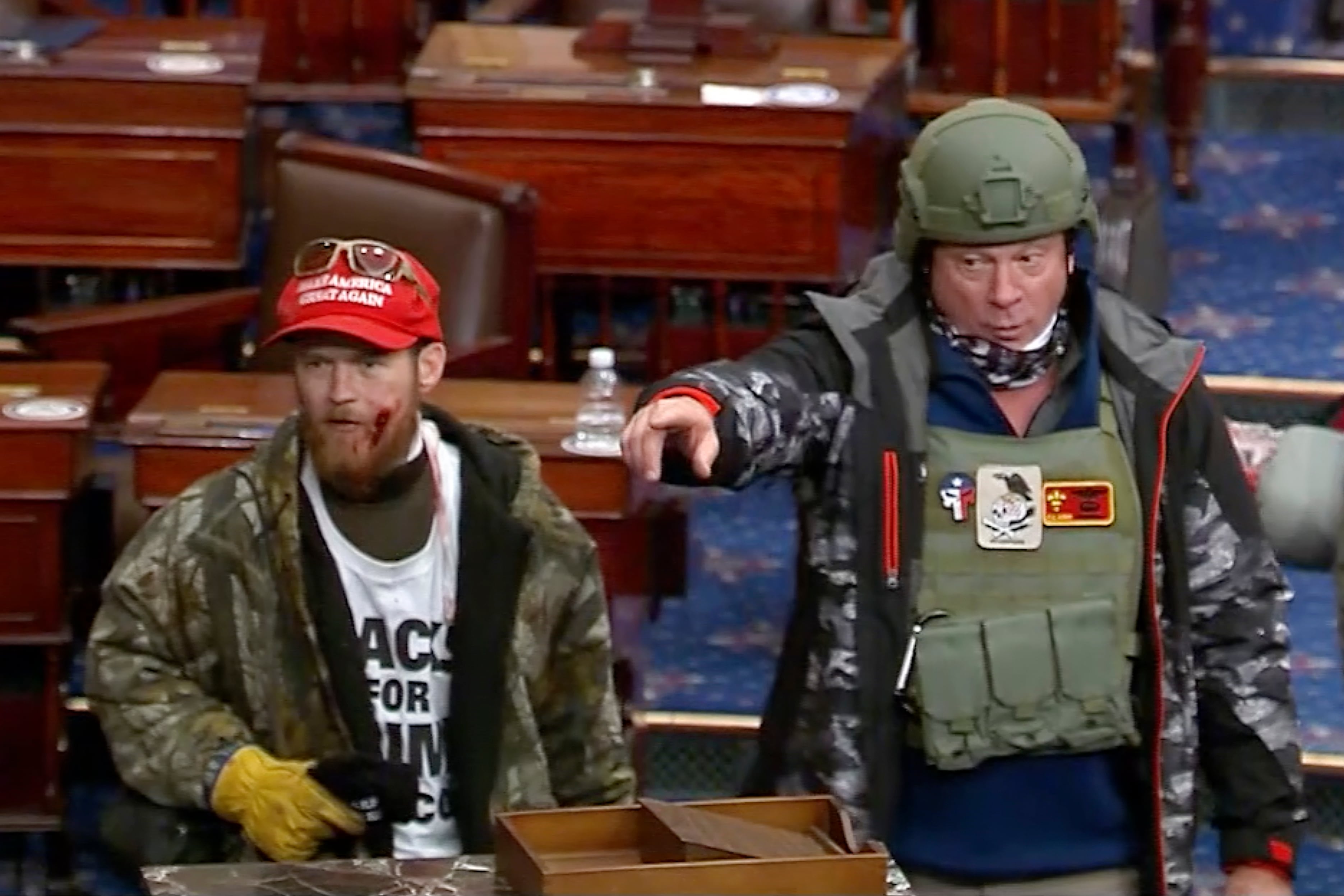CAMP PENDLETON, Calif. — Defense Secretary Ash Carter told West Coast-based Marines and sailors that they are at the center of a strategic military transition as the Pentagon looks to partner with tech companies in California's Silicon Valley.
Carter detailed plans for new initiatives and partnerships with the high-tech community to expand Defense Department innovation while addressing a crowd of about 200 Marines and sailors assigned to I Marine Expeditionary Force Thursday during his first visit here. He said he wants today's generation of troops to be involved in technological innovation.
"You have a very bright future as part of it," Carter said. "For those who stick with us, you will find that ... you're going to be right in the center of the action for your career."
Carter was scheduled to visit companies in Silicon Valley the following day, and planned to highlight plans for Defense Innovation Unit X, or DIU-X. The idea, which Carter first announced in April, is to better link the military to top talent in the private sector in order to develop new technology and build a more capable workforce.
As the country faces cyberwarfare attacks and other high-tech threats, Carter said the military needs to attract and retain the best talent.
"One of the ways that we will stay the best is by staying open to new ideas as well as new people," he said. "What's the best that's going on outside of our walls, where [does that apply] to us? ... I want to make sure we are bringing that all in."
An experimental unit
Responding to a question from a Marine with 9th Communication Battalion, Carter said the personnel with DIU-X will likely come from different backgrounds. Some may be experienced civilians who work with the Defense Department temporarily.
"They may come in for a time to the department and work — as I have many people who do — just one year, just two," he said. "Or they may work for a contractor who works for us."
When Carter first unveiled the details of the new experimental unit, a senior defense official said DIU-X would likely be based at Moffett Airfield, a former Navy base, in Silicon Valley. The small command is likely to be led by a civilian with a military deputy and staffed by a mix of active-duty troops, reservists and civilian personnel, the official said.
DIU-X won't just be filled with a bunch of geeks, Carter told the Marines and sailors here.
"They don't have to be technologists — they have to be some of our most innovative personnel who are willing to listen, learn and connect," he said.
Carter pointed to his own career path as an example of how civilian workers can strengthen the military. He initially planned to work with the Defense Department for a year or two, but he realized he had a lot to contribute. By creating more partnerships and ties to the private sector, Carter said they can snag talent from outside the Defense Department.
Other challenges for Marines
During his visit, Carter also observed about 100 members of 1st Battalion, 1st Marines complete an amphibious raid at the Red Beach training area here. Marines hustled ashore from amphibious vehicles to a nearby mock village, exchanging fire before quickly apprehending four enemy forces.
When he addressed the unit afterward, Marines asked Carter about the types of threats they are likely to face outside of cyberwarfare and other high-tech attacks. Carter said the top concerns are combating the Islamic State group in places like Iraq and Syria, rising concerns in Europe about Russian aggression, and terrorism in the homeland.
Security concerns remain on the minds of Marines following the attack on two military facilities in Chattanooga, Tennessee, that left four Marines and a sailor dead. One sergeant with Marine Medium Tiltrotor Squadron 364 asked Carter what he was doing to better protect recruiters.
"We've taken some measures since Chattanooga, [and] we're going to take some additional ones," he said. "We are waiting for the services to sort out which ones they want to recommend. ... It's sad to say this, but terrorism is going to be part of our future."
Carter called force protection a job for all troops, but he said the military can't go so far as to cut recruiters and other service members off from the public by creating barricades around their facilities.
"There will be a few troubled losers who are on the Internet too much and decide to take up and attack Americans, including service members," Carter said. "We have to protect ourselves, and we need to protect you, without losing contact from society."
Another Marine asked about concealed carry permits so service members can protect themselves on military installations. Carter said officials are "looking at a wide variety of force protection tactics and procedures," and deferred to Rep. Darrell Issa, R-Calif., who was seated in the audience.
While gun laws vary by state,
Issa said the Chattanooga shootings showed the need for troops not to be caught without means of protection. But that doesn't mean they should all be armed, he added.
"If every one of us was packing, that would send the wrong message for recruiting."
Staff writer Andrew Tighlman contributed to this report.





